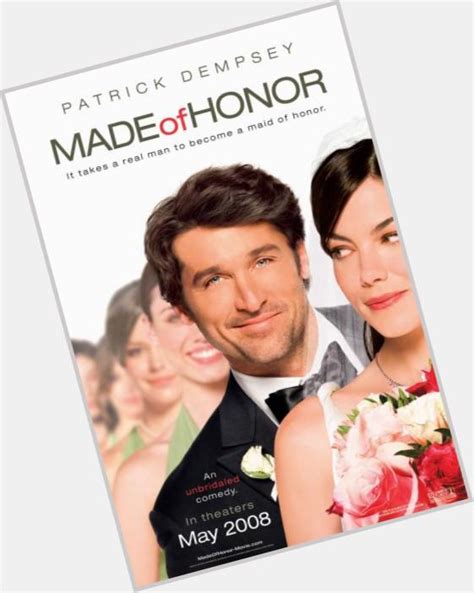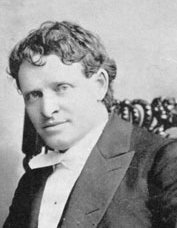A Quote by H. P. Lovecraft
The ignorant and the deluded are, I think, in a strange way to be envied. That which is not known of does not trouble us, while an imagined but insubstantial peril does not harm us. To know the truths behind reality is a far greater burden.
Related Quotes
What is that which can never die It is that faithful force that is born into us that one that is greater than us that calls new seed to the open and battered and barren places so that we can be resown. It is this force in its insistence in its loyalty to us in its love of us in its most often mysterious ways that is far greater far more majestic and far more ancient than any heretofore ever known.
Forgiveness does not mean that we have to continue to relate to those who have done us harm. In some cases the best practice may be to end our connection, to never speak to or be with a harmful person again. Sometimes in the process of forgiveness a person who hurts or betrayed us may wish to make amends, but even this does not require us to put ourselves in the way of further harm.
And finally remember that nothing harms him who is really a citizen, which does not harm the state; nor yet does anything harm the state which does not harm law [order]; and of these things which are called misfortunes not one harms law. What then does not harm law does not harm either state or citizen.
I compare the troubles which we have to undergo in the course of the year to a great bundle of sticks, far too large for us to lift. But God does not require us to carry the whole at once. He mercifully unties the bundle, and gives us first one stick, which we are to carry today, and then another, which we are to carry tomorrow, and so on. This we might easily manage, if we would only take the burden appointed for us each day; but we choose to increase our troubles by carrying yesterday's stick over again today, and adding tomorrow's burden to our load, before we are required to bear it.
Truths are known to us in two ways: some are known directly, and of themselves; some through the medium of other truths. The former are the subject of Intuition, or Consciousness; the latter, of Inference; the latter of Inference. The truths known by Intuition are the original premisses, from which all others are inferred.
It comforts me to think that if we are created beings, the thing that created us would have to be greater than us, so much greater, in fact, that we would not be able to understand it. It would have to be greater than the facts of our reality, and so it would seem to us, looking out from within our reality that it would contradict reason. But reason itself would suggest it would have to be greater than reality, or it would not be reasonable.
But Shakespeare knows what the sphinx thinks, if anybody does. His genius is penetrative as cold midwinter entering every room, and making warmth shiver in ague fits. I think Shakespeare never errs in his logical sequence in character. He surprises us, seems unnatural to us, but because we have been superficial observers; while genius will disclose those truths to which we are blind.
But compassion is a deeper thing that waits beyond the tension of choosing sides. Compassion, in practice, does not require us to give up the truth of what we feel or the truth of our reality. Nor does it allow us to minimize the humanity of those who hurt us. Rather, we are asked to know ourselves enough that we can stay open to the truth of others, even when their truth or their inability to live up to their truth has hurt us.






































